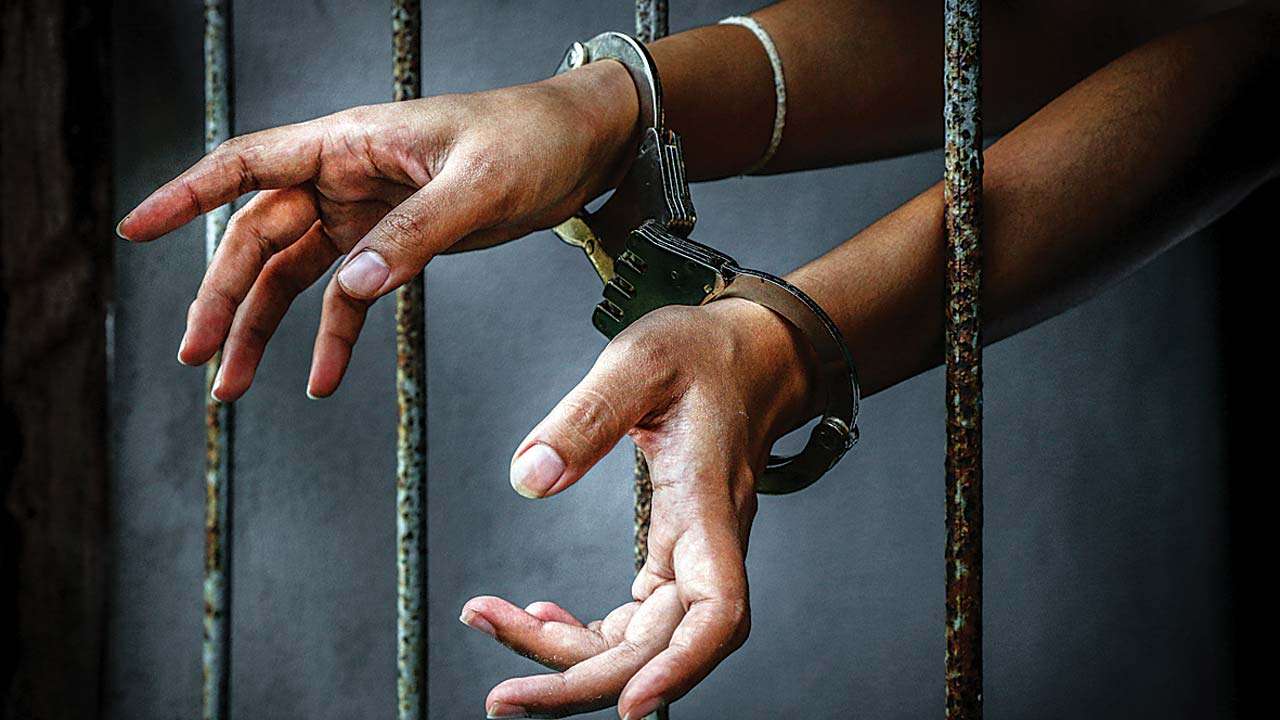
India’s prisons are overcrowded, and adding to the crowd are 3,908 foreign nationals. Apart from Bangladesh residents, the others include Pakistanis, Nigerians and residents from Nepal. Of the lot, 1,674 are undertrials, 1,377 convicted and 871 are awaiting confirmation of identities from their countries. Only 222 prisoners have got consular access and, given the circumstances and the opaque rules, they must consider themselves lucky. While the main charges pertain to Foreigners Act, Foreigners Registration Act and the Passport Act, there are cases related to drug smuggling.
The point to be noted here is the presence of such cumbersome processes that it makes the release of prisoners veritably a herculean task. To begin with, prisons are state subjects and are strictly out of Centre’s control. The lines of communication are too long. First a prisoner is identified, then that identification needs to be established by the state government, conveyed to the relevant desk in the Home Ministry, which in turn refers the case to the Ministry of External Affairs. This process could entail months, if not years. When this process is over, the relevant embassy or high commission has to be notified.
If it is the Pakistani high commission, it is more often than not, unwilling to accept a prisoner, particularly if the charges are in any way related to India’s anti-terror acts. By and large, given the tedious process of transportation and logistics, countries are less than keen to identify a fellow national. The identification process itself is no less cumbersome. A prisoner has to be given consular access so that his or her credentials are established. That process is entirely dictated by the consular staff – and is often determined by the status of the accused and the kind of access he or she enjoys in their country of birth. Clearly, it is a case of a bridge too far.